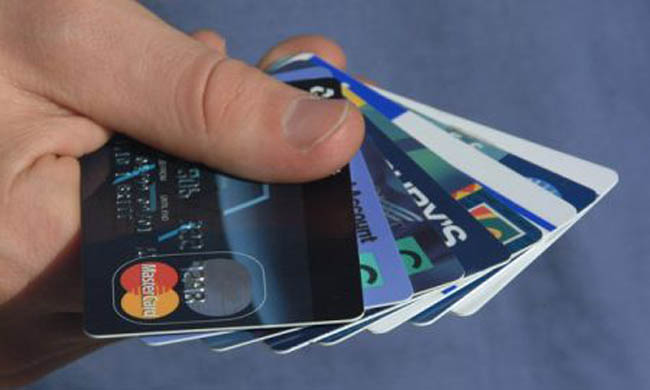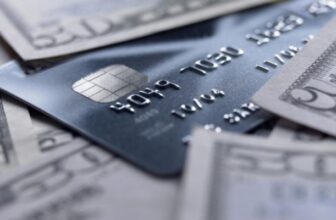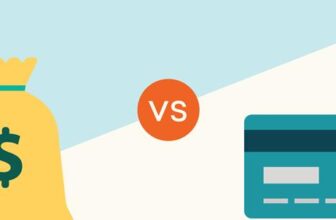
The moment credit cards came into our life there were many things that were hidden. Half of us knew that we can swipe them in malls or shops and pay the vendor, or take out cash when you are in urgent need.
But if you have used it and also gone through the huge bills, it’s time to manage your expenditure, usage of credit card and manage the pay out.
1. Use of Credit Card
Knowing how and when you are using a credit card is the baseline of building management skills with a credit card. Most use it in shopping or buying stuff others keep it for online activities and urgent cash withdraw. But if you are using credit card more often and not spending the earning because you have little or you intend to pay in future out of the income you are anticipating, you may be walking towards trouble time.
Therefore, it is very important that you use your credit card very judicially as this way you will be able to avoid any credit card debt.
2. Income vs Expenditure Rule
A professional in a job or any businessman taking credit must be using the credit card on regular basis but their needs may differ. While many ensure they pay back in the stipulated time limit some may not be able to do so, making the companies charge them with very high interest rates on the amount due for payment.
Make sure you don’t spend or take out money using your credit card, which may be more than your income. This will in turn spoil your savings, and may even land you in deep debt.
3. Policies and credit card rules of the Bank
Once you have got the credit card its best to make sure that you know the policies and rules. Many of us don’t read the fine print of terms and conditions, making it easy for bank to charge us with additional interest, late fee and making us do mistakes that are bound to increase the monthly credit card bills.
4. Rate of Interest On unpaid Amount
Using a credit card is using the banks money for your own purpose with a promise to pay back in the future. However, there are many who cannot pay back due to extreme or challenging circumstances. Simultaneously, the bank adds up interest on the unpaid amount with late fee and other unheard charges making you pay many folds in the end. So, this plastic money must be used carefully and wisely as it has the highest rate of interest among all types of unsecured loans.
5. Are you paying enough?
Those who have been paying their minimum credit card bills on time and do not fear late fee may have to think again. Financial organizations charge interest on the amount unpaid if the credit card user only pays the minimum amount payable after every 30 or 40 days. Since only very few know about it, it steps up making you pay every month until you finish up the whole amount.
6. Calculate your Payout
Do not frown on your high credit card statements every month and promise yourself for limited expenditure, for that is not possible. Every Credit card owner must know and calculate his credit card use, the amount credited and the total bill sent by the bank.
Once you have segregated the same, you will know if the credit card is helping you or destroying your personal financial position. Screening the bill may help you check the rate of interest, extra charges, money credited and late fee if any.
7. Less is better
Credit cards are offered by different banks or financial institutions and therefore individuals tend to keep more than two or three credit cards so that they can borrow more or use them to help them on low liquidity days. Keeping few credit cards helps you decrease your chances of getting into debt and therefore you live peacefully without any strain of paying back or the burden of high interest.
8. Compare and save:
All financial institutions offer credit facility and therefore the taker must compare and evaluate the best offers by the bank and take the one, which charges less or offer more savings. Benefits like cash back, off on restaurant, grocery and others do cover your expenses a bit.
9. Divide and rule
This policy will definitely help you wave off the debt you have incurred. If you have not paid credit card bills from long and now fear of ruining your credit history for future applications start paying up slowly. Divide the sum into fixed installments that you can manage from the income, which makes it easy for you to pay back. It can also help the bank to reinstall their trust and improve your credit behavior with the organization.
10. Ask for opinions
The above said points might be suitable to manage your finances and work as an immediate help to your low financial status but always go to a counselor whenever you are in debt. You will be guided on taking a personal loan, installments to repay the debt or the counselor will act as a mediator between the client and the institution to waive off the extra charges making the repayment easy and affordable.
With this information you will be able to manage your credit card in a better way and avoid getting into debt trouble!
Visit the author’s website at small loans to find out Settlement Loans online with a product that has virtually no competition





